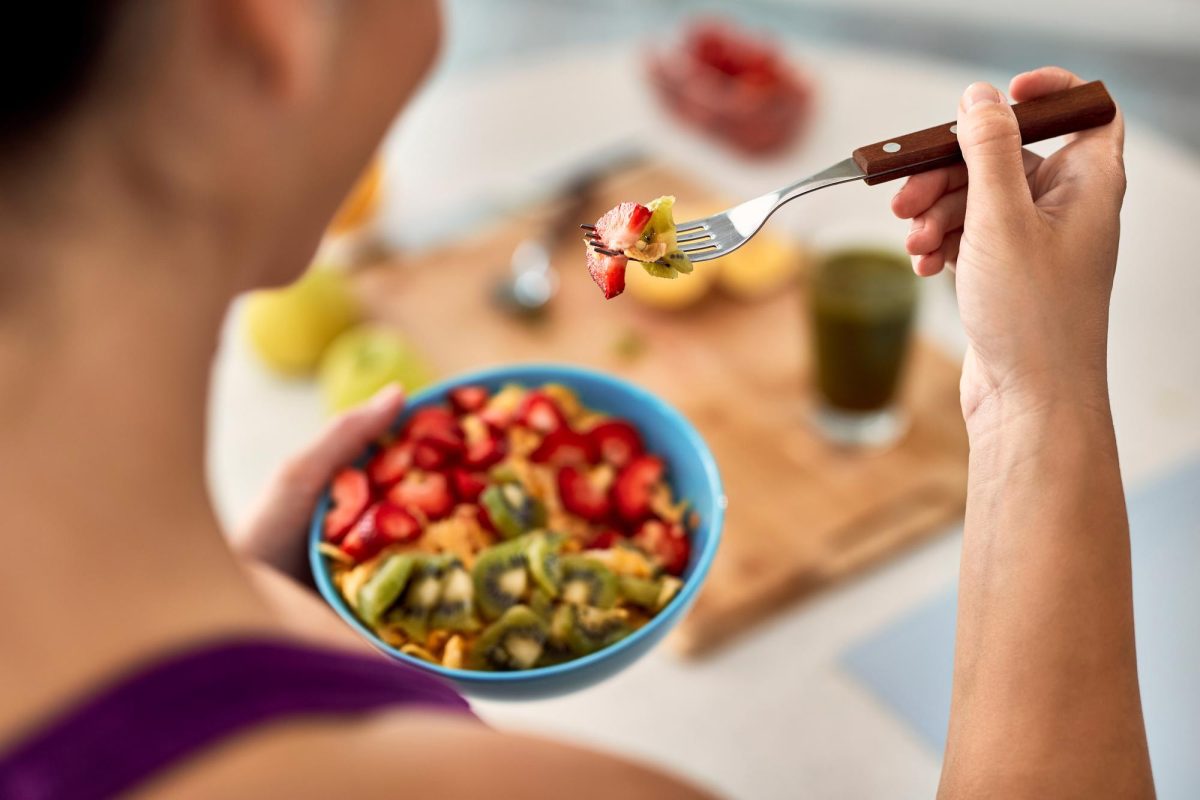Apart from medications prescribed by your doctor, it has been observed that a healthy lifestyle, appropriate diet, and exercises also play an important role in overall improvement. If we talk about food products, some help in improving the condition while others worsen it or create hindrances in the action of prescribed medicines.
Overproduction of thyroid hormones is observed in cases of hyperthyroidism and is often characterised by symptoms like:
- marked weight loss,
- increased sensitivity to heat,
- palpitations,
- anxiety,
- profuse sweating,
- disturbed sleep patterns etc.
It has been found in various studies that women suffer more from hyperthyroidism as compared to men.
What part of your diet affects hyperthyroidism?
- Excessive iodine in the diet can result in increased production of thyroid hormones.
- CalciumandVitamin Dplay an important role as hyperthyroidism is prominently related to the mineral density of bones.
- Caffeinated beveragescan worsen the symptoms of hyperthyroidism.

What to eat?
- Low Iodine Diet: A diet with an iodine component of fewer than 50 micrograms (mcg) per day is a low-iodine diet. Food products with the low-iodine component are:
- non-iodized salt,
- white of eggs,
- vegetables,
- herbs and spices,
- vegetable oils,
- honey,
- jams,
- unsalted nuts and butter,
- lime juice,
- beer and wine,
- fruits, and
- fruit juices.
- Cruciferous vegetables like:
- cabbage,
- mustard greens,
- turnip roots and greens,
- kale,
- radishes,
- cauliflower, and
- broccoli.
- Selenium-rich food products like:
- Amazon nuts,
- fortified pasta and cereals,
- rice,
- egg whites,
- oats, and
- spinach.
- Iron-rich food products like:
- fortified cereals,
- raisins,
- dark chocolate,
- dates,
- beef,
- chicken, and
- spinach.
Here, one needs to be aware of iron-rich products which are also rich in iodine, for example, pulses.
- Calcium-rich food productsinclude:
- milk (just once per day),
- broccoli,
- kale.
- Intake of spices such as turmeric and green chillies should be promoted.
What not to eat?
- Iodine-rich food products:
- iodized salt,
- seafood,
- dairy products,
- iodine supplements,
- egg yolks,
- bakery products.
- Soy sources:
- soy milk,
- soy sauce,
- tofu,
- soybean oil.
- Gluten
- Caffeinated beverages:
- regular coffee,
- black tea,
- chocolate,
- carbonated drinks,
- energy drinks.
Conclusion
It is recommended to consult your doctor whenever you begin to experience symptoms of hyperthyroidism so that a proper diagnosis can be done at the earliest. One should focus on healthy lifestyle habits, healthy dietary habits, and regular exercise along with prescribed medicines. We can always refer to doctors and dieticians for the required help.
































Share this article